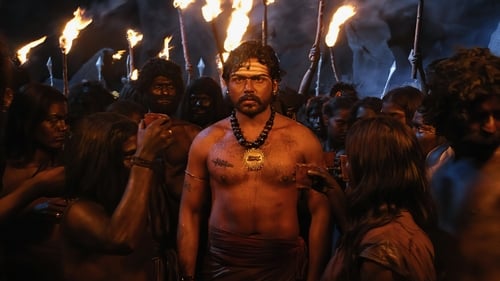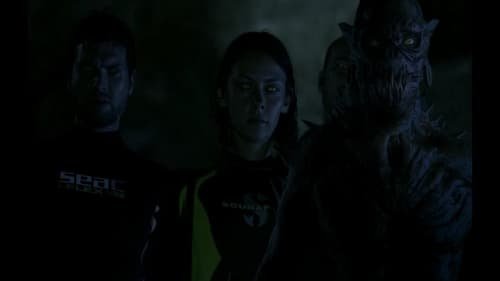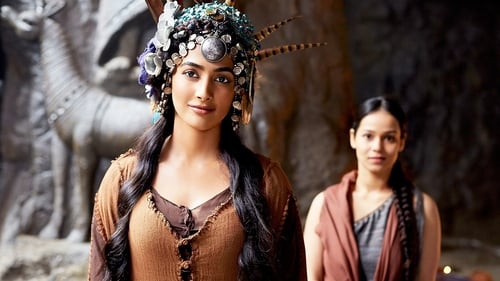Planet Science: Who Discovered America (2006)
Género : Documental
Tiempo de ejecución : 50M
Director : Maire Tracey
Sinopsis
This documentary tries to unveil where the first Americans originated from.












